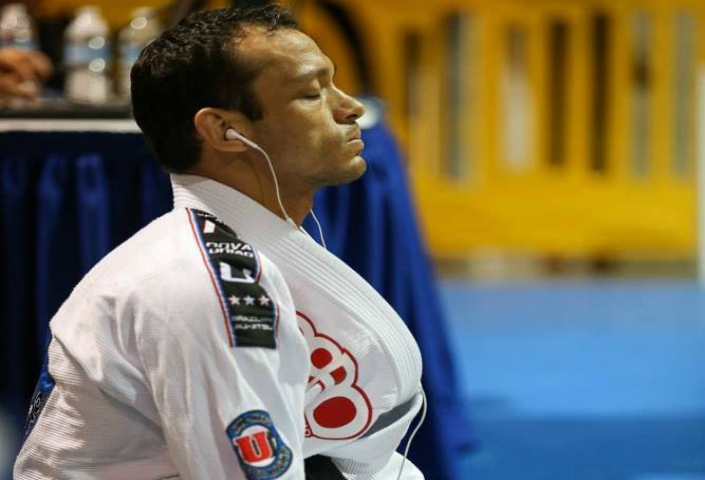Practitioners of martial arts frequently testify to the many ways in which Aikido, Taekwondo, or Brazilian Jiu-Jitsu improve their lives. For many, the focus is on physical strength and flexibility for fitness or self-defense, but often the more significant transformation is one that takes place in the mind. Martial arts are proven to bring a range of benefits to those that take part in them.
For enthusiasts who are looking to take their passion to the next level, it is possible to easily create your own sports website free to take your interest to a broader audience.
Attention
Recent research has shown that martial arts can improve attention levels. While Attention Training (AT) is associated with Western cognitive practices, Attention State Training (AST) is the term used for the mind and body state changes that occur with Eastern activities. These include meditation, yoga, and martial arts.
Children attending three sessions of Taekwondo per week showed improvements in attention, as well as parents reporting improved concentration. A separate review of 84 studies also proved martial arts to be more beneficial to children for executive control tasks when compared with traditional sports and exercises. Another research has also linked the practice of martial arts with alertness.
Memory
In addition to improving attention, alertness, and concentration, martial arts have also been found in studies to improve working memory. In research carried out on children in Italy, groups that had been practicing karate were shown to have improved memory skills, as well as testing better for selective visual attention and executive functions. These results were not only found in children, as a study from Brazil on healthy older adults showed. Groups that had been participating in regular karate sessions showed better results in visual memory tasks than those that had not received any physical or cognitive stimulation.
Stress
Breathing and meditation are widely accepted to be positive contributors to stress reduction. This has been frequently noticed in these activities practiced alone, and also in other practices that involve their practice. A recent study by the European Journal of Human Movement has shown that the mindfulness practices that are proven to reduce anxiety, depression, and stress, are equally applicable to martial arts that incorporate mindfulness in physical activity.
Another study carried out on older adults in the US, with an average age of 73, proved that Tai Chi and Qigong bring significant benefits by reducing stress levels and improving sleep quality and vitality.
Aggression
Respect and cooperation, when relating to others, are important behaviors that can be learned and practiced through martial arts. The Gentle Warrior Program was carried out on American children in grades 3, 4, and 5. The project found that boys who had taken part in traditional martial art sessions displayed lower levels of aggression and were more likely to prevent incidents of bullying among other children. However, the same results were not found in girls.
The pacifying effect of martial arts is one that is frequently reported by adults who participate in them regularly, as tendencies towards aggressive behaviors can be addressed and controlled in a disciplined environment.
Positivity
General positivity can be indicated by optimism, greater long-term happiness, better relationships with others, career success, and lower rates of depression and substance abuse. The practice of martial arts helps to create a foundation of positive psychology that improves personal strengths, productive communication, and optimism that makes these contributing factors of positivity possible. The practice of martial arts helps people to self evaluate their abilities and celebrate success by achieving higher levels.
A 2017 study from the University of Messina in Italy found that the regular practice of martial arts leads to positive effects on personality and cognition, as well as psychological well-being.
The effects of martial arts have been proven by numerous studies that point to different psychological benefits. The regular practice of martial arts is character building and leads to healthier lifestyles. It can help to attain a higher level of discipline, balance, confidence, determination, flexibility, awareness, and humility. Any one of the martial arts can represent a challenge that helps to build strengths as well as more sensitive human qualities.


















